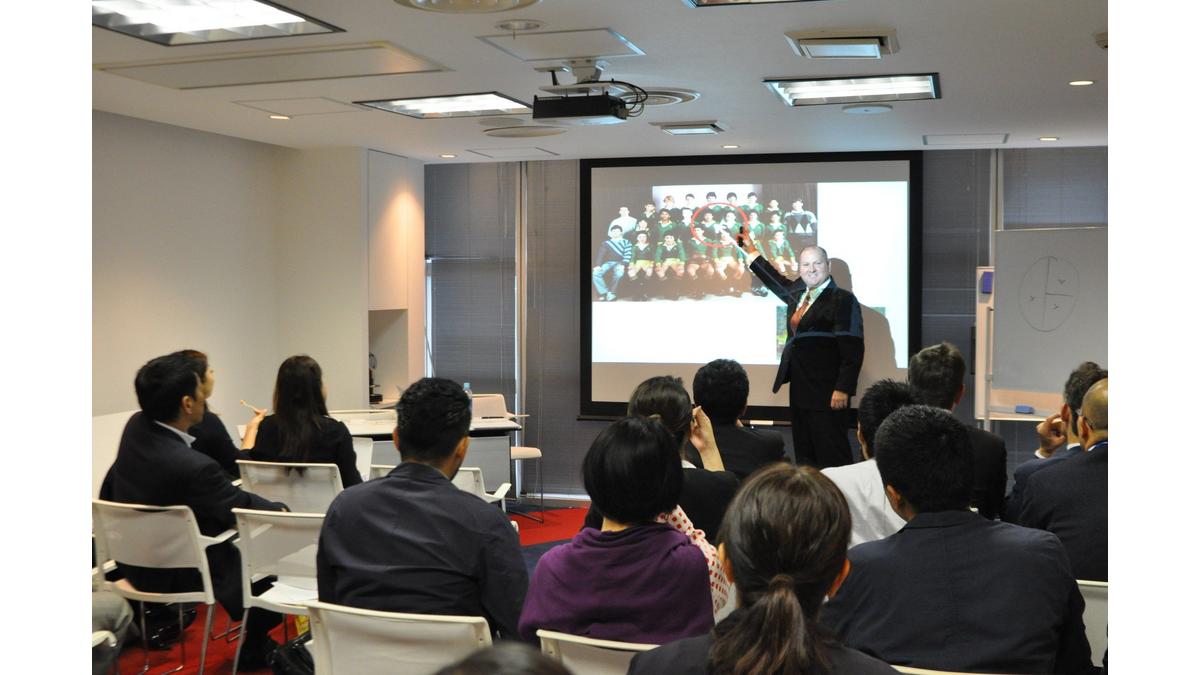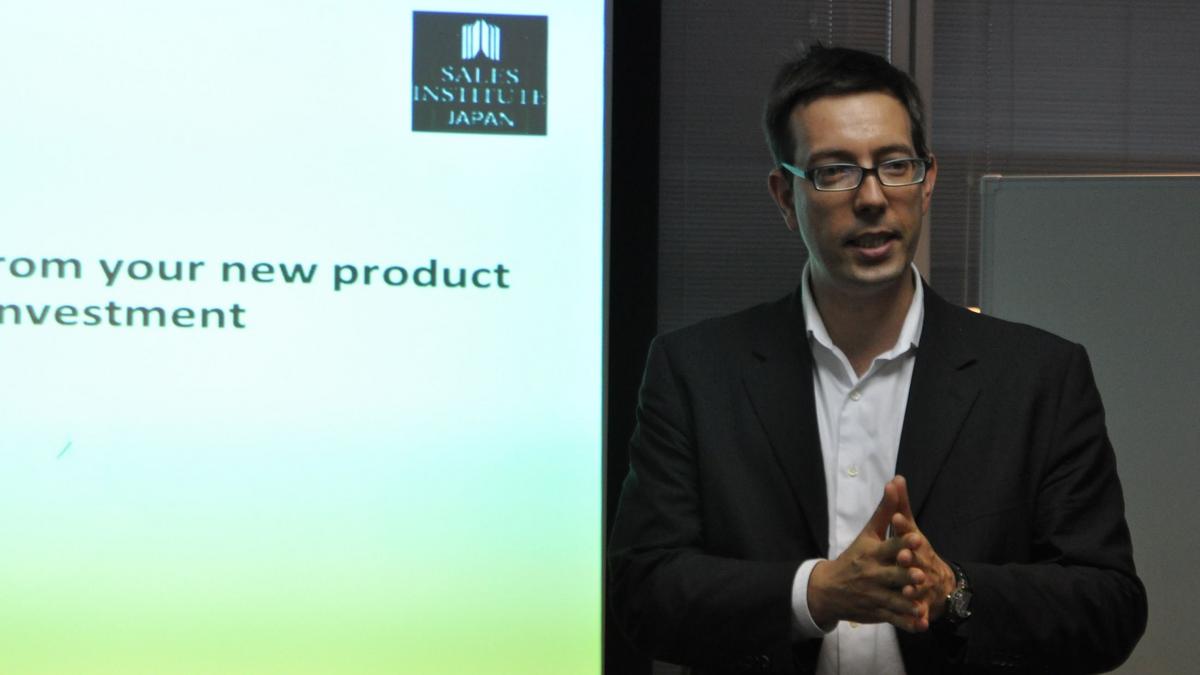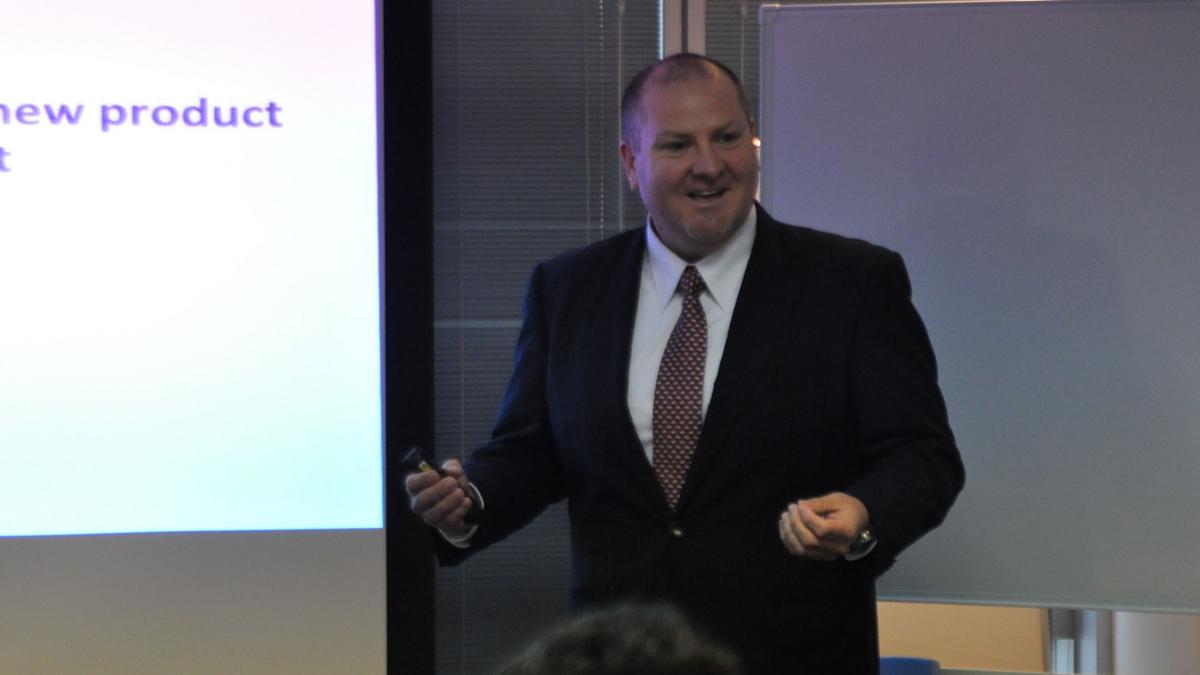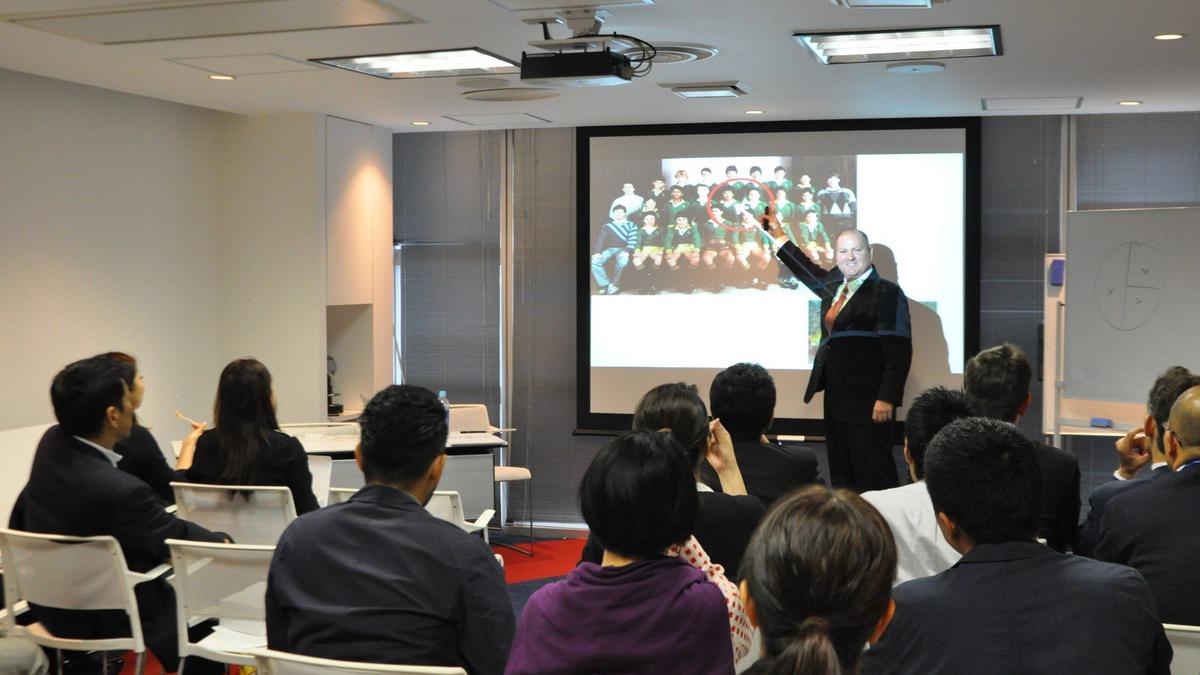Informes de eventos • Comités • Event report • Committees • Tidigare event • Kommittéer • Balanço Eventos • Comissões • Rendezvény beszámolók • Klub • CCIFJイベント • 委員会 • Tidligere arrangementer • Komitéer • Etkinlik raporları • Komiteler • Bilantul evenimentului • Grupuri de lucru • Referat fra arrangementer • Komiteer • Terugblik op evenement • Panels • Izveštaji sa događaja • Odbori • Огляд заходів • Комітети • Отчет о мероприятиях • Απολογισμός εκδηλώσεων • Επιτροπές • Комитеты • 행사 • 위원회 • Raportit tapahtumista • Komiteat • Naše podujatia • Výbory • Равносметка за събитие • Комитети • Përmbledhja e eventeve • Komitete • Ze života komory • Platformy • Rückblick auf... • Komitee • Bilans d’évènement • Comités
Sales Institute Japan: how to maximize the return on product launches and trade shows?

Companies spend a significant share of their financial resources on key moments of their marketing strategy such as new product launches and trade shows. On May 10, the French Chamber’s Marketing and Retail Committee – chaired by Philippe Jardin – welcomed Zane Inglis, Managing Director of Sales Institute Japan, for a seminar on how to maximize the return on these expensive but essential marketing actions.
Born in New Zealand, living in Japan since 1995 with a 25 year-long experience in sales and marketing, Zane Inglis introduced himself as “aman who creates success though the development of people”. Bilingual, with over 10 years of experience in the development of sales training programs in Japan, Zane Inglis has a unique and nuanced vision of what is needed to maximize the potential of companies’ sales forces in Japan.
During new product launches, managers tend to focus on the tasks at hand and forget long-term objectives. On the contrary, “we must focus on the goals we need to achieve at the end of the launch, launching the product is not the main goal, the launch should be seen as a platform for long-term growth, not a one off event”.
Unlike at product launches, monitoring who visits which booth or tracking the sales generated from a trade show is almost impossible; it is therefore difficult to estimate their profitability. Zane Inglis recommends that each company set their own KPIs and trackable goals in order to assess the return on investment.
Managers, specifically in Japan, rarely train their sales force before each particular event, a step that Zane Inglis considers vital. Since the target is always new, training before a new product launch or trade show is of utmost importance. Training must also be adapted to suit the event as “the skills required for a new product launch is quite different from day-to-day B2B sales, new product launches (questioning, object handling, obtaining commitment) or trade shows (observation, short and concise questioning, information tracking)”.
Since they are in the front line, sales managers should know the real situation of the market and can give precious, one-on-one support to their sales reps. For this reason, Zane Inglis considers them to be internal “champions”. Training sales managers to become internal trainers is vital so they can share knowledge and skills with their teams, rather than doing the sales rep’s job for them.
In conclusion, setting long-term goals, identifying the right skills set depending on the type of event, and developing managers as internal “champions” are the three key factors of success in order to maximize return on new product launches and trade show investments.



